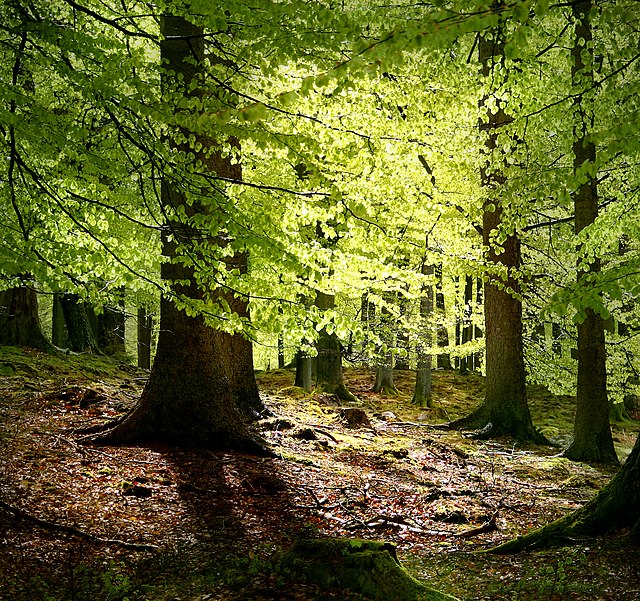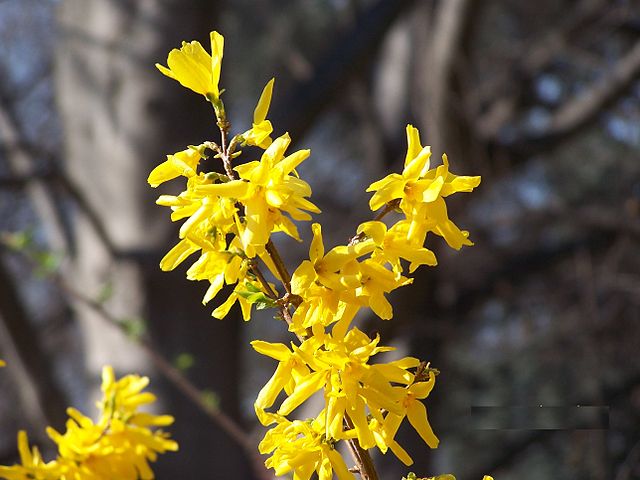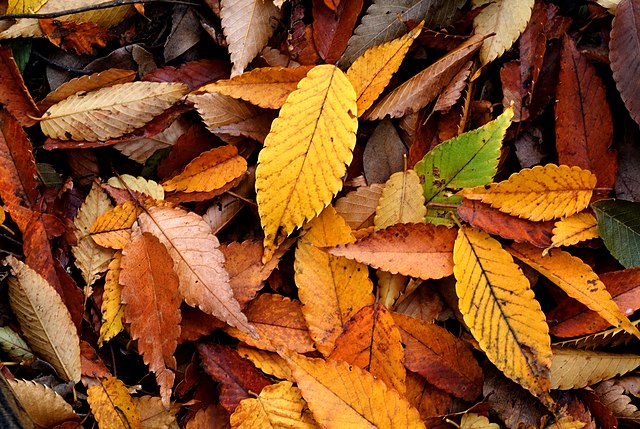Beech (Fagus) is a genus of deciduous trees in the family Fagaceae, native to temperate Eurasia and North America. There are 13 accepted species in two distinct subgenera, Engleriana and Fagus. The subgenus Engleriana is found only in East Asia, distinctive for its low branches, often made up of several major trunks with yellowish bark. The better known Fagus subgenus beeches are native to Europe and North America. They are high-branching trees with tall, stout trunks and smooth silver-grey bark. The European beech Fagus sylvatica is the most commonly cultivated species, yielding a utility timber used for furniture construction, flooring and engineering purposes, in plywood, and household items. The timber can be used to build homes. Beechwood makes excellent firewood. Slats of washed beech wood are spread around the bottom of fermentation tanks for Budweiser beer. Beech logs are burned to dry the malt used in some German smoked beers. Beech is also used to smoke Westphalian ham, andouille sausage, and some cheeses.

Beech
Leaf of Fagus sylvatica
Beechnuts in autumn
European beech (Fagus sylvatica)
In the fields of horticulture and botany, the term deciduous means "falling off at maturity" and "tending to fall off", in reference to trees and shrubs that seasonally shed leaves, usually in the autumn; to the shedding of petals, after flowering; and to the shedding of ripe fruit. The antonym of deciduous in the botanical sense is evergreen.
Like a number of other deciduous plants, Forsythia flowers during the leafless season.
Deciduous plants in mid- to high latitudes shed their leaves as temperatures drop in autumn.
Deciduous trees were introduced to the temperate regions of Australia where they are used as ornamental plants, as seen here at a suburban street in Sydney.
Dry-season deciduous tropical forest








